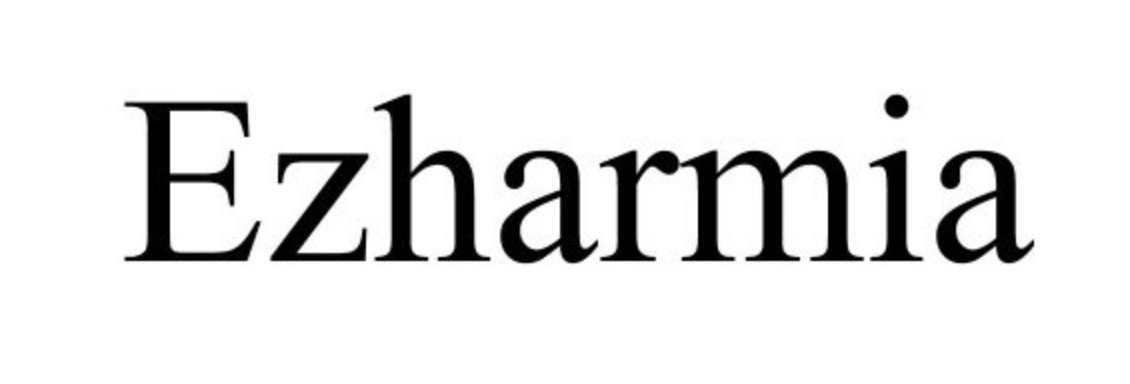Columvi (glofitamab-gxbm) vs Ezharmia (valemetostat tosilate)
Columvi (glofitamab-gxbm) vs Ezharmia (valemetostat tosilate)
Columvi (glofitamab-gxbm) is a bispecific antibody designed for the treatment of certain types of B-cell non-Hodgkin lymphoma, targeting both CD20 on B-cells and CD3 on T-cells to recruit the body's immune system to fight cancer cells. Ezharmia (valemetostat tosilate), on the other hand, is an epigenetic modifier that inhibits the EZH1 and EZH2 methyltransferases, potentially useful in treating hematological malignancies and solid tumors by altering gene expression. When deciding between these two medications, it is crucial to consult with a healthcare provider to consider the specific type of cancer, the individual's medical history, and the unique mechanism of action of each drug to determine the most appropriate treatment option.
Difference between Columvi and Ezharmia
| Metric | Columvi (glofitamab-gxbm) | Ezharmia (valemetostat tosilate) |
|---|---|---|
| Generic name | Glofitamab | Valemetostat tosilate |
| Indications | Currently under investigation for B-cell non-Hodgkin lymphoma | Currently under investigation for relapsed or refractory adult T-cell leukemia/lymphoma (ATL) |
| Mechanism of action | Bispecific monoclonal antibody targeting CD20 on B cells and CD3 on T cells | Dual inhibitor of the EZH1 and EZH2 histone methyltransferases |
| Brand names | Columvi | Ezharmia |
| Administrative route | Intravenous infusion | Oral |
| Side effects | Cytokine release syndrome, infusion-related reactions, infections | Thrombocytopenia, neutropenia, anemia, appetite loss |
| Contraindications | Not fully established; use caution in patients with active infections or inflammatory conditions | Not fully established; use caution in patients with severe hepatic impairment or severe renal impairment |
| Drug class | Bispecific monoclonal antibody | Epigenetic modifier |
| Manufacturer | Genentech, Inc. | Daiichi Sankyo |
Efficacy
Efficacy of Glofitamab (Columvi) in Treating Lymphoma
Glofitamab, marketed under the brand name Columvi, is a bispecific antibody designed for the treatment of certain types of lymphoma. It functions by binding to CD20 on B cells and CD3 on T cells, thereby bringing the T cells into close proximity with the malignant B cells, which can lead to the destruction of the cancerous cells. The efficacy of glofitamab has been evaluated in clinical trials, particularly for patients with relapsed or refractory non-Hodgkin's lymphoma. Results have shown that glofitamab can induce a high rate of complete responses in patients who have previously been treated with multiple lines of therapy, including those who have not responded to or have relapsed after CAR-T cell therapy.
Efficacy of Valemetostat Tosilate (Ezharmia) in Treating Lymphoma
Valemetostat tosilate, with the brand name Ezharmia, is an investigational drug that functions as a dual inhibitor of EZH1 and EZH2, which are histone methyltransferases. These enzymes are involved in the epigenetic regulation of gene expression and are known to play a role in the pathogenesis of various malignancies, including lymphoma. In clinical studies, valemetostat tosilate has demonstrated promising antitumor activity in patients with relapsed or refractory lymphomas, including adult T-cell leukemia/lymphoma and peripheral T-cell lymphoma. The drug has shown a manageable safety profile and has the potential to provide a new therapeutic option for patients with these challenging-to-treat subtypes of lymphoma.
Comparative Efficacy in Lymphoma Treatment
When comparing the efficacy of glofitamab and valemetostat tosilate, it is important to consider that these agents target different mechanisms of action and may be used in different subtypes of lymphoma. Glofitamab's mechanism involving T cell redirection is particularly relevant for B-cell lymphomas, while valemetostat tosilate's epigenetic targeting approach may have broader implications across various lymphoma subtypes. Direct comparison of efficacy is challenging without head-to-head clinical trials, but both agents offer novel mechanisms of action that could complement existing therapies or provide new options for patients who have exhausted other treatments.
Conclusion
Both glofitamab (Columvi) and valemetostat tosilate (Ezharmia) represent significant advancements in the treatment of lymphoma, offering new hope for patients with relapsed or refractory disease. Their efficacy in clinical trials underscores the importance of continued research and development in targeted therapies for cancer. As these treatments progress through clinical trials and potentially gain regulatory approval, they may become integral components of lymphoma treatment regimens, improving outcomes for patients with this diverse group of blood cancers.
Regulatory Agency Approvals
Columvi
-
European Medical Agency (EMA), European Union

-
Food and Drug Administration (FDA), USA

Ezharmia
-
Pharmaceuticals and Medical Devices Agency (PMDA), Japan

Access Columvi or Ezharmia today
If Columvi or Ezharmia are not approved or available in your country (e.g. due to supply issues), you can access them via Everyone.org.
How it works

Make an enquiry
Choose the medicine you want to buy, answer a couple of questions, and upload your prescription to speed things up. We’ll get back to you within 24 hours.


Make an enquiry
Choose the medicine you want to buy, answer a couple of questions, and upload your prescription to speed things up. We’ll get back to you within 24 hours.


Breeze through the paperwork
We'll guide you through the required documents for importing unapproved medicine, ensuring you have all the necessary information.


Get a personalized quote
We’ll prepare a quote for you, including medicine costs and any shipping, administrative, or import fees that may apply.


Receive your medicine
Accept the quote and we’ll handle the rest - sourcing and safely delivering your medicine.

Some text on this page has been automatically generated. Speak to your physician before you start a new treatment or medication.
Let's talk
If you have any questions, call us or send us a message through WhatsApp or email:
Contact us




